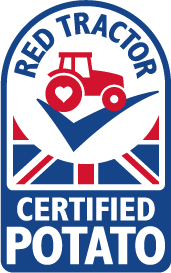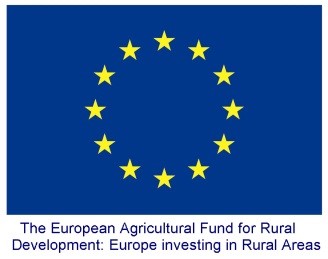A commitment to our environment.
At Kent Crisps, we are passionate about sustainability and continue to commit to improving our environmental impact by monitoring our carbon footprint, working with local producers, keeping food miles and food waste to a minimum and encouraging recycling.

Our Potatoes
Our hand-cooked crisps are produced using British Red-Tractor-Certified potatoes that have been meticulously cared for. The potatoes are planted in the spring, fertilised using ‘digestate’, made at the on-site anaerobic digestion plant from maize and rye and watered with rain collected from a local reservoir. Dedicated ‘green’ areas and green cover crops have been implemented to capture carbon, taking it from the air to the ground. At the same time, the tractors on the farm are run using biodiesel, converted from the oil used for cooking the potatoes.
Once they have reached a perfect size, the potatoes are harvested and hand cooked at the same site just moments away; this process reduces our carbon footprint keeping our food miles to a minimum and eliminating large-scale wastage. Potatoes that aren’t used are stored at the on-site cold storage facility, powered by renewable energy.
Our Flavours
We are also incredibly proud of our Kent Crisps flavours, and our partnerships with fellow local producers situated right on our doorstep. We are committed to producing great-tasting crisps and work closely with those partners to keep food miles down and prevent food waste where possible. While making our crisps, we avoid throwing anything unnecessary away; for example, with Ashmore Cheese & Onion, we use the entirety of the cheese, including the rind, and our Lamb and Rosemary, the entirety of the lamb, including the fat.
Our Packaging
Our packaging is entirely carbon neutral, and once our customers have enjoyed their potato snacks, they can also enjoy recycling our bags. While we are working closely with the crisp industry towards a biodegradable solution so we can recycle at home, customers can find packet recycling facilities at larger supermarkets with the appropriate bins.
 English
English Français
Français Deutsch
Deutsch Italiano
Italiano Español
Español 中文(简体)
中文(简体) 日本語
日本語 हिन्दी; हिंदी
हिन्दी; हिंदी العربية
العربية





